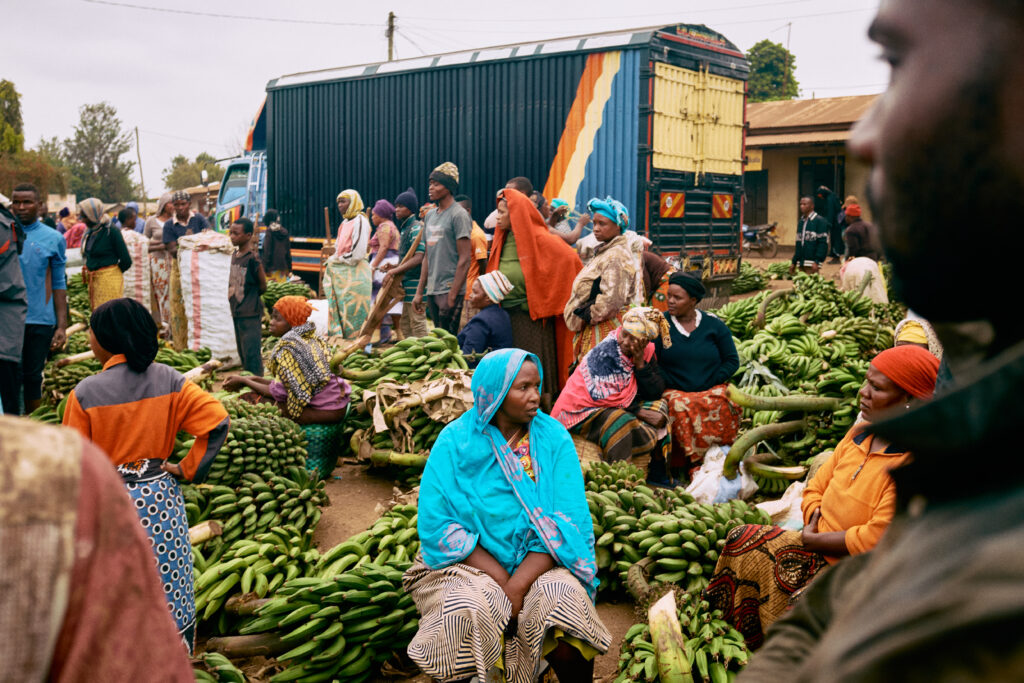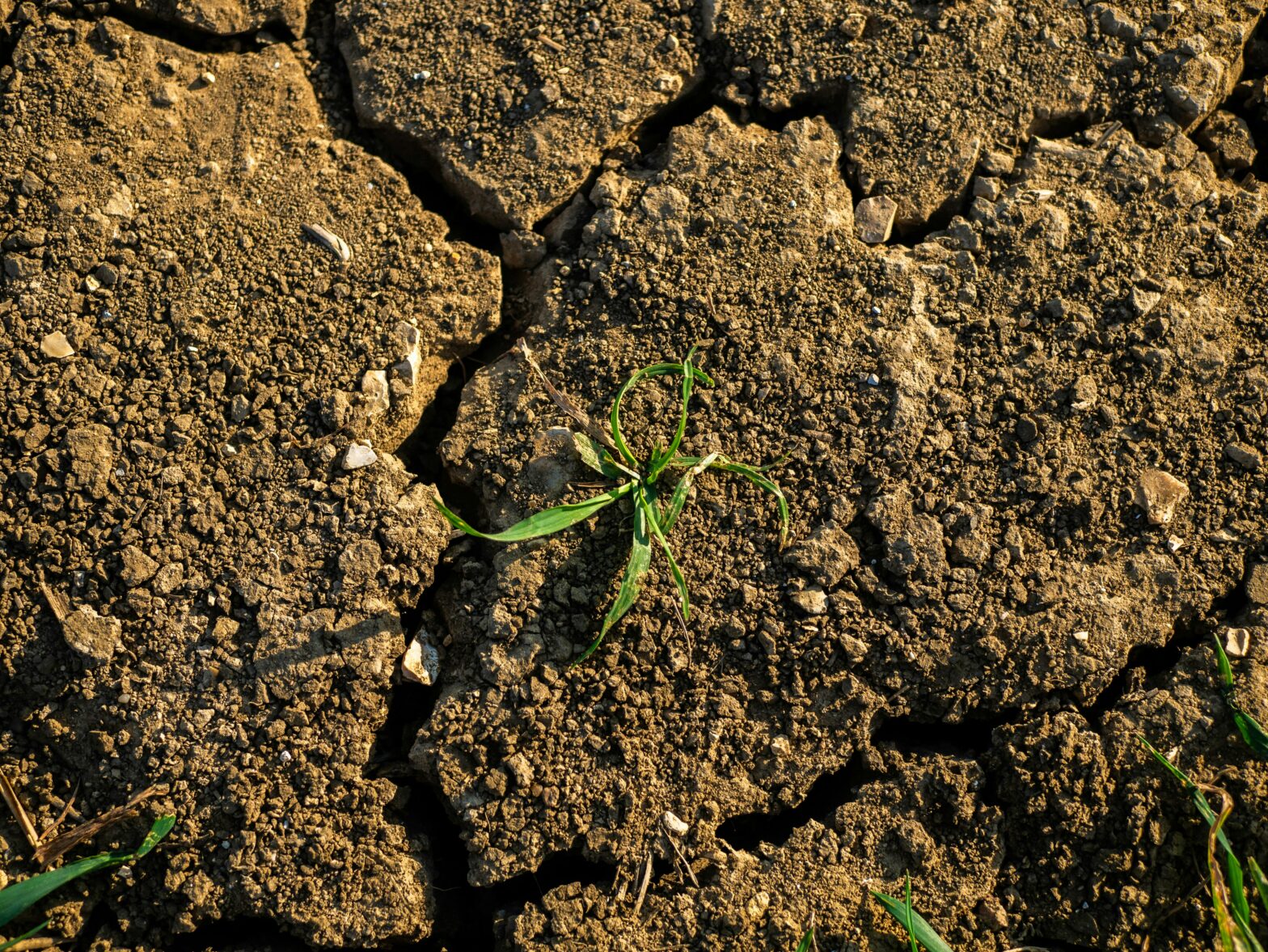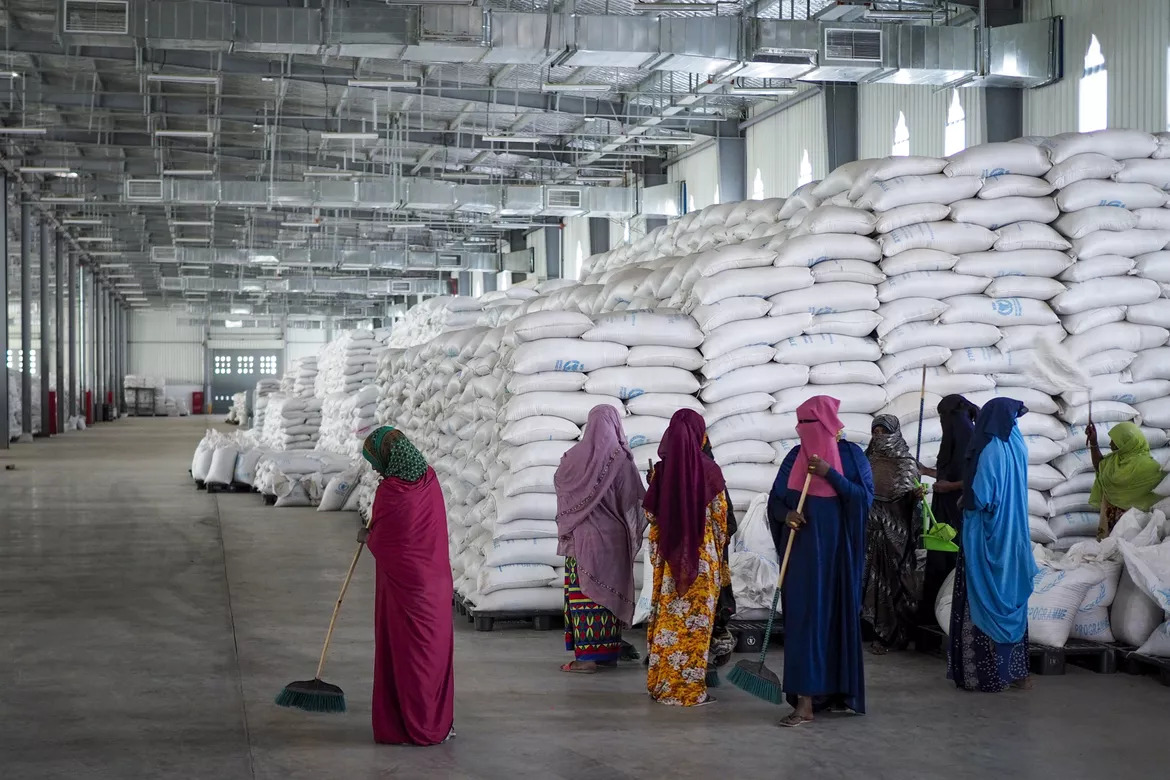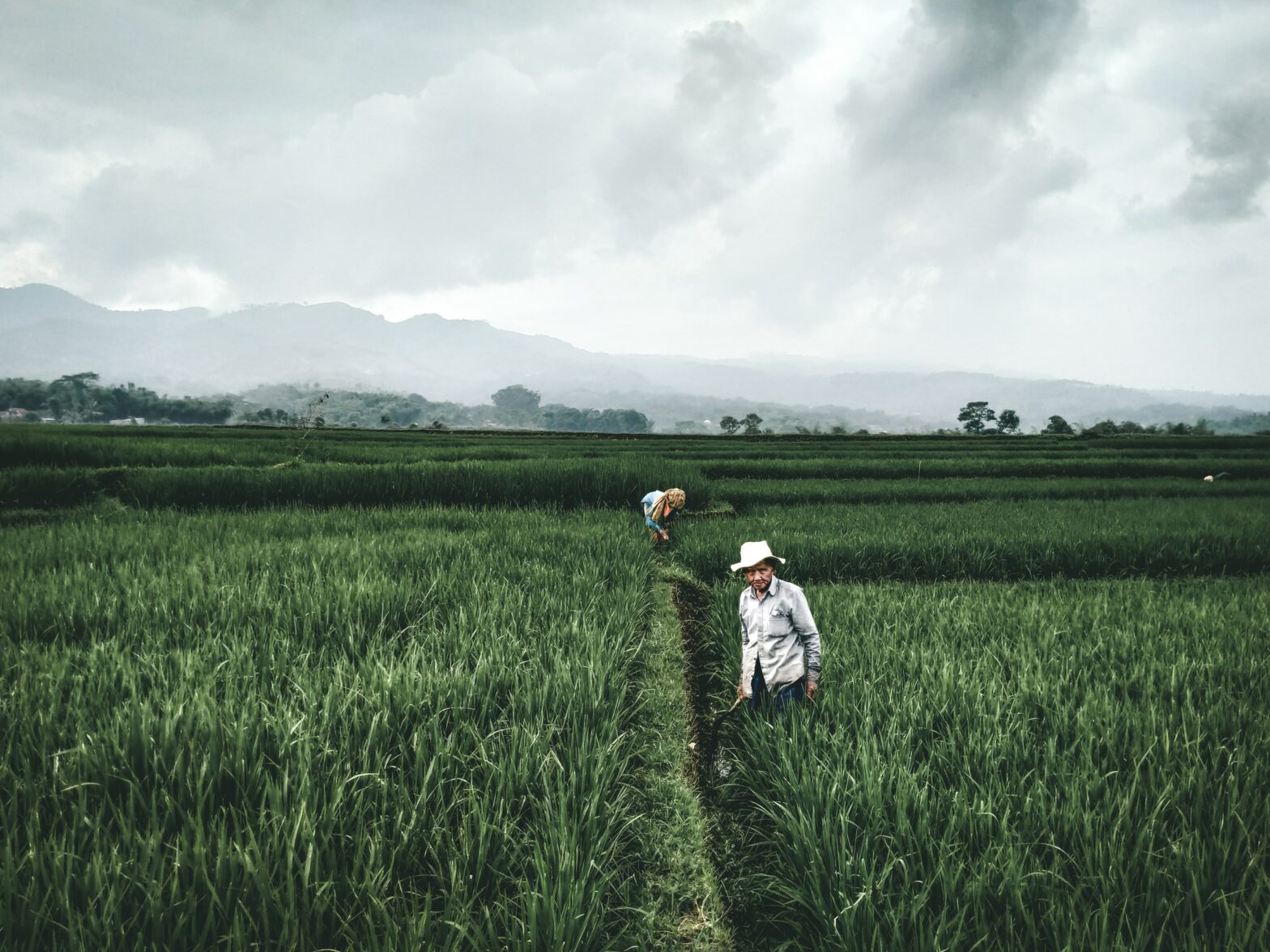Share Twitter Facebook Email Copy URL
Policy recommendations to turn the tide
African food systems are imploding under the weight of increasing food prices as a result of the war in Ukraine and its effects on trade, commodity prices and financial markets. African countries are feeling the reverberating effects of the war in Ukraine through three main channels. These are: 1) higher food prices due to higher commodity prices and speculation; 2) Africa’s import dependency in the context of opaque private grain stockpiling and inadequate public food reserves; and 3) high fertiliser prices against the backdrop of a fossil-fuel based model of agriculture. According to UNCTAD, 25 African countries depended on Russia and Ukraine for at least 30% of their wheat, while 16 out of these 25 countries sourced 50% of their wheat from Russia and Ukraine. Russia supplies the world with 12.7% of its phosphate and 15.5% nitrogen in the form of urea. More than 30 African countries import nitrogenous, potassium, and phosphate fertilisers from Russia and Belarus.

Breaking path dependency
The war in Ukraine has further highlighted the fragility of Africa’s increasingly corporatised food systems, which were laid bare during the COVID19 pandemic. In Southern and Eastern Africa, for instance, maize-based food systems, characterised by input-intensive farming systems have resulted in a significant reliance on food imports in order to ensure food security, making these African countries particularly vulnerable to external food price shocks.
At the back of the COVID19-induced hunger crisis on the African continent and converging climate crises, high food price inflation makes poor people even poorer. In Africa, the poverty rate rose to 39% during the COVID19 pandemic. African governments are mobilising resources to buffer the most vulnerable groups in African countries against the soaring living costs. However, in the short to medium term, structural policies are needed to address the inherent vulnerability of current food systems and to find pathways towards more resilient and sustainable food systems.
On the occasion of the 50th session of the Committee on World Food Security (CFS), taking place from 10-13 October 2022 in Rome, Italy, the Rosa-Luxemburg-Stiftung’s Regional Office for Southern Africa and the UN Office in Geneva release this report on state of African agrofood systems in the face of the current global food price crisis and make it clear that a more reflective and transformative policy discourse is needed. The CFS must lead the charge in turning the tide and handing over food systems back to farming and fishing communities, food workers and consumer groups.
Recommendations for short-term interventions:
- Debt relief and debt cancellation for heavily indebted and food-importing countries
- Strengthening social protection systems and subsidies
- Building national and regional food reserves.
Recommendations for medium-term interventions that provide structural responses:
- Extending and diversifying staple food production to strengthen sub-national and national food supply chains
- Regulating food prices and introducing price caps for staple foods as well as curbing speculation with food
- Reduce dependence on fossil-fuel-based inputs by phasing out agricultural support that focuses on the supply of agrochemicals and commercial seeds that promote monocrop production.
About the authors Refiloe Joala is the Food Sovereignty programme manager in the Southern Africa Regional office of the Rosa-Luxemburg-Stiftung in Johannesburg, South Africa. She is particularly interested in the nature and outcomes of changing agro-food systems within the context of growing corporate control in Southern Africa, and she also works on seed sovereignty and farmworkers’ rights in the region. Jan Urhahn coordinates the Food Sovereignty Programme of the Rosa-Luxemburg-Stiftung in Johannesburg, South Africa. He mainly works on topics such as farmworkers’ rights, the impacts of hazardous pesticides, seed ownership, and Green Revolution approaches versus viable alternatives such as agroecology.



